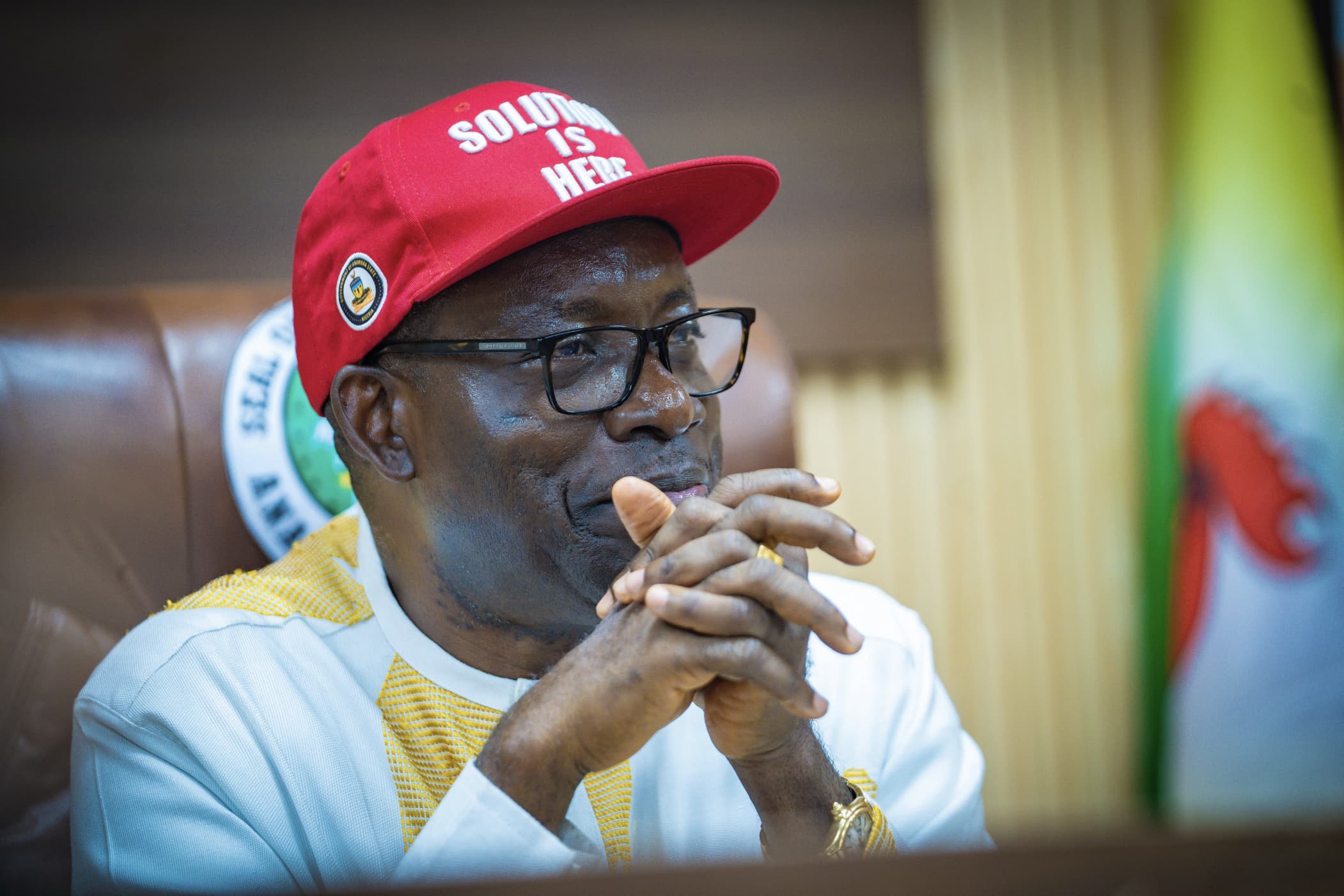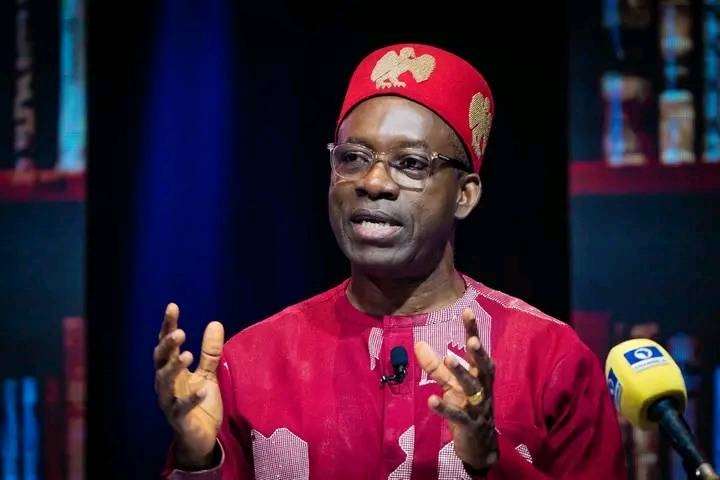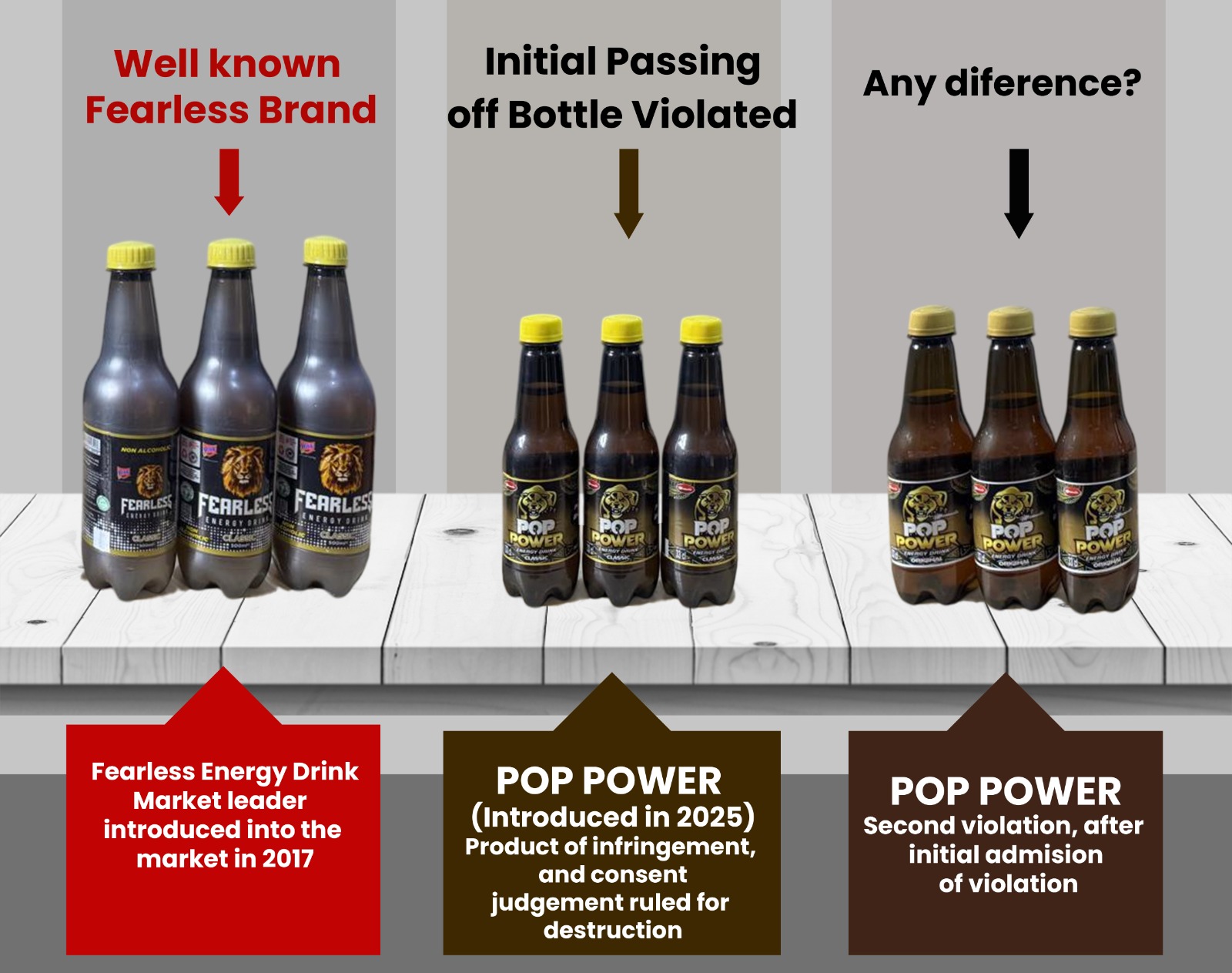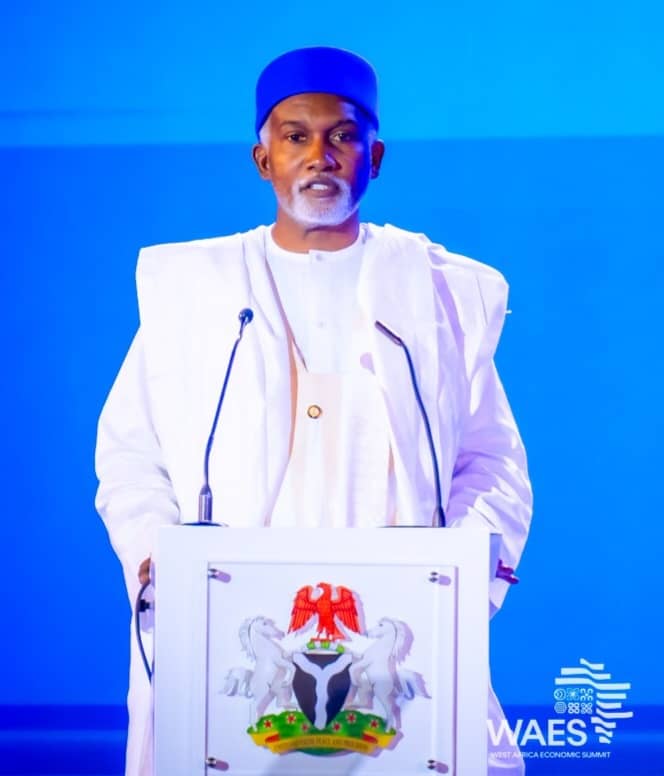The UK government has pledged that its Manufacturing Africa Intiative will be scaling up support for Metro Africa Xpress (MAX), a tech-enabled company, to assemble electric vehicles in Nigeria.
Ms Catriona Laing, the British High Commissioner to Nigeria said during a courtesy visit to MAX in Lekki, Lagos that the UK government was delighted to scale up support for MAX because of the company’s brilliant innovation and solutions..
The that Manufacturing Africa is a project which seeks to promote industrialisation in East and West Africa by attracting £1.2 billion in foreign direct investment and creating 90,000 jobs by 2026.
Manufacturing Africa is supporting MAX’s ambitions by helping it raise the funds for the assembly of electric vehicles.
Laing said “It is amazing to see young minds come up with solutions to real problems that can help us tackle the challenges faced with climate change.
“The company is also doing a great job of providing two, three and four wheel vehicles for commercial drivers and health insurance.”.
Laing noted that the commission was looking forward to see the innovation rolled out across Africa and also in the UK.
Also speaking, Mr Adetayo Bamiduro, Chief Executive Officer of MAX, who commended the UK government for its support, said the company was excited about unlocking networks and relationships required to drive adoption of manufacturing electric vehicles in Nigeria.
He noted that when the company started, its first mission was to solve challenges around last mile transportation in Sub Sahara Africa.
Bamiduro said that some years into the company’s work, they realised that there was way too much gas emission in Africa and the idea of manufacturing Electric vehicles was born.
“We have successfully designed the first Africa ready electric motorcycle called the MAX M3.
“At MAX, we are excited about our projects and the two to three years partnership we have with Manufacture Africa,” he said.
According to Bamiduro, green house gas emission will hit 2.3 Gigaton in Africa mobility by 2030 if electric vehicles adoption does not take off.




























Leave a Reply